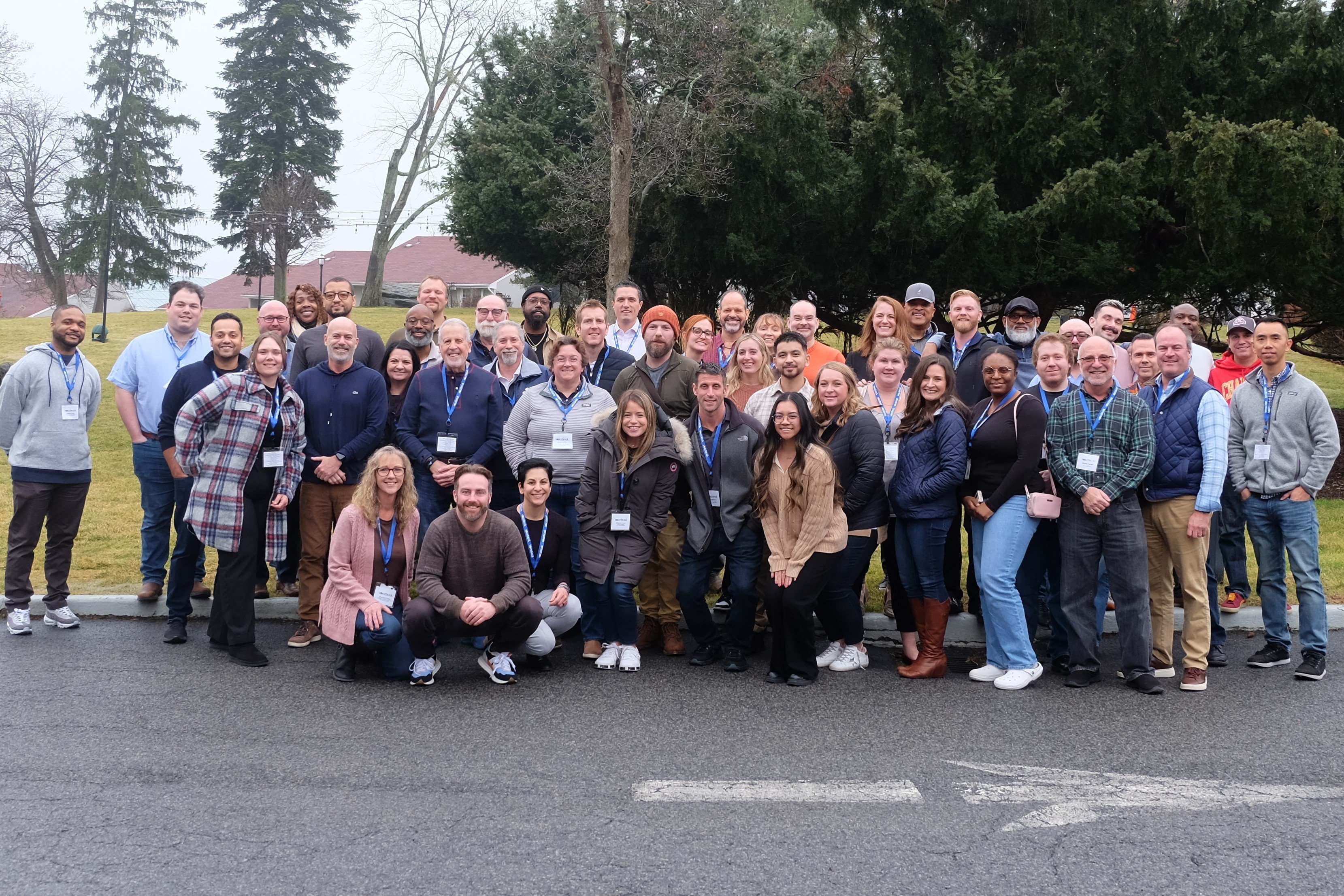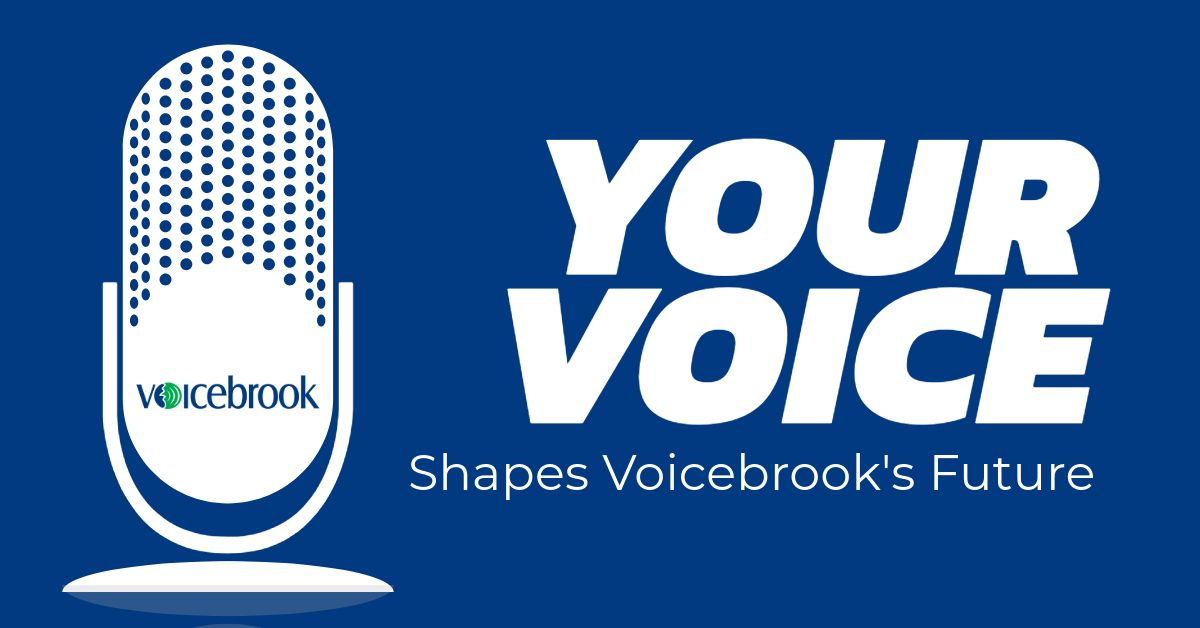Voicebrook's Annual Awards: Highlighting Employee Achievement
The Voicebrook team gathered in New York early in January for the company's annual meeting, with employees traveling from all across the country to...
1 min read
Voicebrook Monday July 22, 2024
.png)
Are you using (or thinking about using) an AP/LIS system that claims to be a “one-stop shop” for anatomic pathology reporting? You might wonder if you still need Voicebrook’s pathology reporting solutions.
The answer is a resounding YES, and here’s why.
-1.png?width=740&height=319&name=Untitled%20(5)-1.png)
For over 20 years, Voicebrook has prioritized interoperability. We understand that our customers don’t operate in isolation, and neither should their technology. Voicebrook’s reporting solutions are designed to integrate seamlessly with any AP/LIS, enhancing your laboratory’s capabilities and optimizing your workflow.
At Voicebrook, we are dedicated to continuously improving interoperability and enhancing the user experience with VoiceOver PRO. This often involves collaborating with other vendors to ensure compatibility with various technologies used in your lab.
One recent example? Our integration with Epic’s Speech APIs. Our commitment to interoperability was recently demonstrated through the extensive integration process with Epic’s speech APIs (Application Programming Interfaces). This integration into our VoiceOver PRO software maximizes compatibility with Epic’s LIS, providing a more streamlined workflow, improved efficiency, and advanced functionality.
The integration of Epic’s speech APIs into VoiceOver PRO has led to improved system responsiveness and user control. VoiceOver PRO can now detect and adapt to Epic’s operational states, significantly reducing delays and enhancing the overall user experience. Users can perform complex tasks, such as block ordering and navigating through Epic Beaker, using voice commands that VoiceOver PRO instantly recognizes and executes.
When you use VoiceOver PRO in conjunction with your lab's existing AP/LIS, you enjoy the benefits of a direct dictation workflow with a unique set of automation tools. Here’s what you can expect:
We invite you to discover how VoiceOver PRO can make your lab faster, more reliable, and more flexible. Contact us to learn more about how our solutions can benefit your pathology reporting needs.

The Voicebrook team gathered in New York early in January for the company's annual meeting, with employees traveling from all across the country to...
.png)
The Voicebrook team gathered in New York in January for the company's annual meeting, with employees traveling from all across the country to attend.

At Voicebrook, our mission is to empower pathology professionals with innovative reporting solutions. To achieve this, we actively listen to the ...